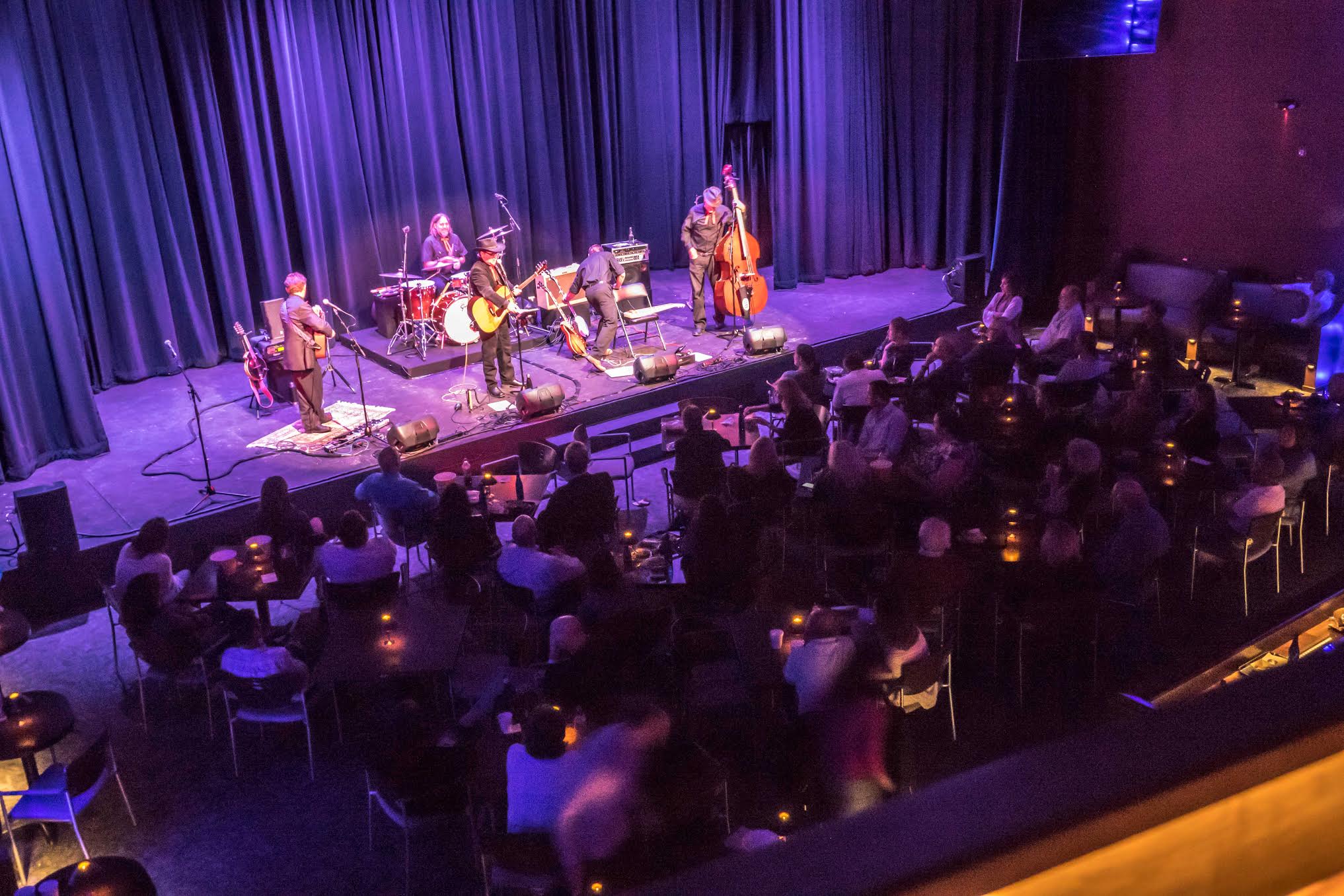New Jersey Independent Venue Association (NJIVA) seeks to give live entertainment independent venues and promoters a stronger voice, as those venues continue to face the economic toll of the coronavirus pandemic.
The association was formed by Hopewell Theater and other independent theaters, as venues statewide continue advocating for financial relief from the state to prevent closures from the loss in revenue. Theaters have had to be creative during this period in New Jersey with indoor gatherings having been restricted and performances having to be cancelled or postponed to later dates.
The official launch of NJIVA occurred earlier this month with the idea arising from advocating support for most vulnerable venues experiencing significant revenue loss, through the National Independent Venue Association (NIVA) national Save Our Stages campaign.
“The idea came about when we were advocating for NIVA’s national Save Our Stages campaign in New Jersey and realized we needed to band together with other New Jersey venues to get our voices heard,” said Sara Scully, executive director and co-founder of Hopewell Theater. “By advocating for venues, we are advocating for communities because performing arts are a major economic driver in this state and country.”
Scully added that Hopewell Theater was able to find hope, resources and encouragement to weather the challenges the theater faces in 2020, while banding together with other venues to advocate for Save Our Stages.
Outside of Hopewell Theater, NJIVA now has 12 independent for profit/nonprofit venues and promoters involved with the organization. They included McCarter Theatre Center in Princeton, State Theatre New Jersey in New Brunswick, Anchor Rock Club in Atlantic City and Debonair Music Hall in Teaneck.
“Each venue, while there may be just a few hundred in the state, represents thousands, some venues represent hundreds of thousands, of citizens who they can mobilize to advocate for the spaces they love in the communities they care about – there is power in these numbers to get our voices heard,” Scully said.
Hopewell Theater is currently in the design stage of exploring the addition of live streaming to its offerings to help in an effort to weather the challenges of the current pandemic.
Scully added that NJIVA was in need of being established because so many venues face similar financial difficulties and foresee closures in the coming year if venues are unable to find financial relief.
“Everyone is in the same boat: zero revenue or minimal (if business pivoted in some way) that will not sustain the place for the long term,” she said.
The association is currently finalizing a letter to send to Gov. Phil Murphy requesting $15 million for independent venues from the remaining in federal CARES Act funding allocated to New Jersey. A separate public petition will also be drafted by the organization to be sent to state legislators.
When asked whether independent performance venues have been left behind in funding relief efforts nationally and statewide, Scully said, “Yes. However, we have hope for the Save Our Stages Act relief package (establishing a $10 billion grant) from the federal government that was rolled into the larger HEROES Act relief package.”

